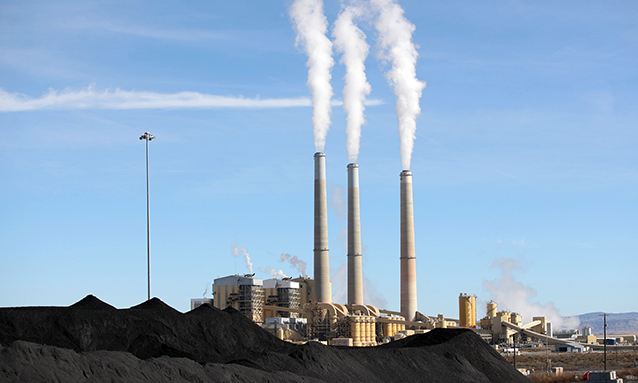
The feasibility studies for the much-anticipated US$2.5bn (P30 billion) Ikaegeng XTL coal-to-fuel plant have been completed, and plans are underway for the search for a private partner for the implementation of the project.
According to Botswana Oil (BOL)’s Senior Manager (New Ventures), Gamu Mpofu, the government of the southern African country has authorised the project to procure a development partner via a Request for Proposals. Although 11 companies were shortlisted for the project following a pre-qualification tender in August 2017, BOL has since repackaged Ikaegeng as a Public-Private Partnership initiative.
Expectations for the Ikaegeng XTL coal-to-fuel plant project
The ambitious project, Ikaegeng XTL coal-to-fuel plant project, intends to tap into the country’s untapped billions of tonnes of coal, using technology to generate various petroleum products for domestic consumption. It is expected to provide up to 80% of the country’s yearly gasoline demand of 1.2 billion litres and consequently reduce the country’s dependence on South Africa which has recently experienced a fast loss of refining capacity, with many of its big plants halted or nearing the end of their useful lives. According to BOL data, South Africa’s refining capacity fell from 703,000 barrels of oil per day in March 2020 to 303,000 barrels per day in March of this year.
According to BOL’s research, around 1,500 employment might be generated during the Ikaegeng XTL coal-to-fuel plant building phase, with 1,420 jobs produced throughout the plant’s operating phase. The facility might also generate more than P1 billion in taxes for the government each year.
Fuel from Ikaegeng would be purchased by BOL and others and then resold at a wholesale level to commercial or retail establishments throughout the country under the proposed PPP framework.
Botswana to industrialise economy through local production
Operating under a public-private partnership model, the coal-to-liquids plant is expected to produce an estimated 12,000 barrels of diesel and gasoline per day during its planned 30-year lifespan.
“The project has been approved for procurement and production and will primarily be for the local market,” said Gamu Mpofu, Botswana Oil’s Senior Manager responsible for new ventures.
The southern African country imports an estimated 21,000 barrels of liquid fuels per day from its regional neighbour, South Africa, in order to meet 100% of its fuel needs. Botswana does, however, experience unplanned shortages due to South Africa’s intermittent logistical challenges. The land-locked country is endowed with its own 212 billion tons of coal reserves but currently imports 7.5 million barrels of fuel per year.
Despite environmental concerns regarding the use of coal, Botswana seeks to industrialise its economy by capitalising on its abundant coal reserves. In this regard, Mpofu stated that the country will be proceeding with national plans for using coal to produce fuel, within the bounds of various environmental considerations inked with stakeholders.
Through the planned coal-to-liquid plant, Botswana could mitigate the effects of volatile global oil prices while simultaneously reducing over-dependence on fuel imports.
Source: https://constructionreviewonline.com/news/studies-for-ikaegeng-xtl-coal-to-fuel-plant-project-in-botswana-finalized/ & https://energycapitalpower.com/botswana-to-construct-coal-to-liquids-plant/



